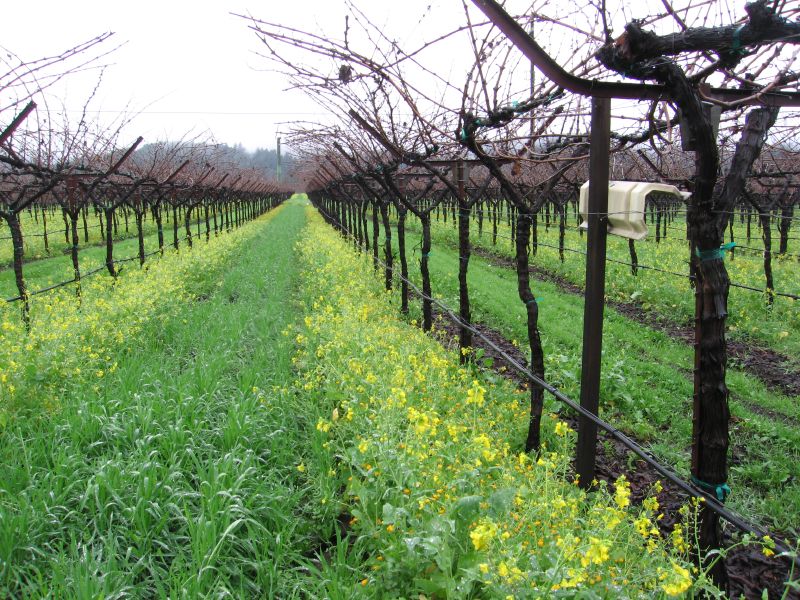Biodynamic and organic farming are two techniques in agriculture that focus on environmentally-friendly methods and avoid the use of chemical fertilizers. While they share similarities, there are key differences between the two approaches.
Key Takeaways
- Biodynamic farming is a holistic, ecological, and ethical approach, while organic farming aims to produce high-quality food without artificial fertilizers.
- Biodynamic farming is more advanced and has metaphysical and spiritual roots, while organic farming does not.
- Financially, biodynamic farming is less viable than organic farming.
What is Biodynamic Farming?
Biodynamic farming involves the use of manures and composts while avoiding synthetic or artificial fertilizers, herbicides, and pesticides. Developed in 1924 by Rudolf Steiner in Germany, this technique treats plant growth, soil fertility, and livestock care as a single system. Biodynamic farming emphasizes local production, distribution systems, traditional methods, and the development of local breeds. It is considered the first modern organic agriculture.
What is Organic Farming?
Organic farming is a system that aims to produce high-quality food without the use of artificial fertilizers. It follows a strict set of standards and regulations to sustain the health of soils, ecosystems, animals, and people. Organic farming avoids synthetic pesticides and fertilizers, instead using naturally derived substances and encouraging wildlife populations to control pests. Organic livestock farming allows animals to behave freely in open spaces and avoids genetic modifications. Organic certification bodies ensure that food products meet organic standards.
What are the Similarities Between Biodynamic and Organic Farming?
Both biodynamic and organic farming are eco-friendly methods that practice organic forms of farming. They consist of similar certification standards and do not use chemical fertilizers.
What is the Difference Between Biodynamic and Organic Farming?
The key difference between biodynamic and organic farming is that biodynamic farming is a holistic, ecological, and ethical approach, while organic farming aims to produce high-quality food without the use of artificial fertilizers. Biodynamic farming is more advanced and has metaphysical and spiritual roots, while organic farming does not. Financially, biodynamic farming is less viable than organic farming.
Summary – Biodynamic vs Organic Farming
Biodynamic and organic farming are two different farming techniques that share a common platform but have many differences. Biodynamic farming involves the use of manures and composts without synthetic or artificial fertilizers, herbicides, and pesticides, while organic farming aims to produce high-quality food without the use of artificial fertilizers. Both farming techniques do not use chemical fertilizers, highlighting the difference between biodynamic and organic farming.
